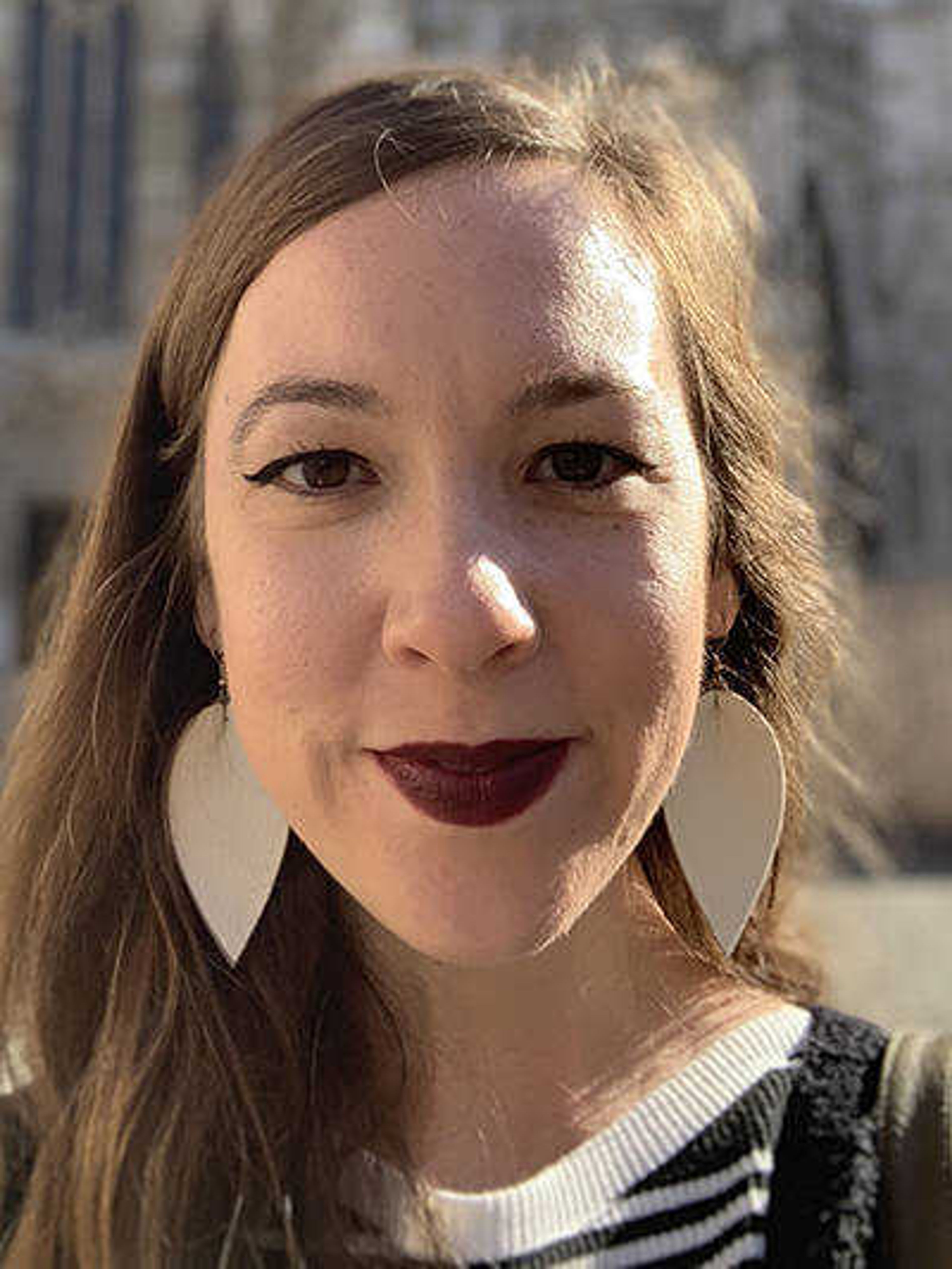Letting God grow within for what will be
What I am attracted to most of all, what seems to understand me and my heart's longing most deeply, is all of the waiting that happens, especially in John's gospel, after Jesus' body is taken down from the cross. All of the not understanding, the way everything seems over, but it's not. The way things were building to a climax, and then the followers seem stuck in the falling action with no resolution...
What I am attracted to most of all, what seems to understand me and my heart's longing most deeply, is all of the waiting that happens, especially in John's gospel, after Jesus' body is taken down from the cross.
All of the not understanding, the way everything seems over, but it's not. The way things were building to a climax, and then the followers seem stuck in the falling action with no resolution.
What they think is the end -- Jesus' death -- and the lack of action that happens immediately following this, seems to say, "Go back to your normal lives." This was something wonderful that happened to you and now it's over. It's been taken away from you and you should just return to the way things were before.
And they try. A little talking in upper rooms here, a little fishing there. But they can't. Nothing seems the same; their hearts aren't quite in it anymore.
"Yet" is a really important word in our English language. "Yet" is a really powerful concept in life.
Maybe it seems unresolved to Jesus' disciples because it's not over yet. There is more. As long as they are breathing -- and even after they aren't -- there is more.
I don't think it's a coincidence that wombs and tombs resemble each other profoundly. Both are hollow, empty, dark. In this, both hold the potential for new life.
The same is true, I think, in this life. It is in the moments that feel darkest, emptiest, hollowest, most unsure, when God is growing within us, laying the groundwork, for what will be.
Remember: In the spring, the farmer tills the soil, disturbs it from its resting place where it has become hardened and unmoving over the winter. In the spring, the farmer tills the soil, upends it, turns it over, exposes its raw side to the sun. This disturbing of the order is to make it fertile, to plant and grow new life, to bear abundant fruit.
Remember: Even the sea has questions as it comes close and backs away from the sand of the shore that never utters audible answers but is always there, the sand that always exists as a foundation beneath the waves themselves.
Remember: Bread is kneaded before it rises, and when you climb mountains, you might get rocks in your shoes.
So let us take courage. Jesus rose from the dead.
When he washes Peter's feet at the Last Supper in the gospel of John, Jesus tells him, "What I am doing, you do not understand now, but you will understand later." Peter tells Jesus, "Master, then not only my feet, but my hands and head as well."
Do with me, Lord, what I don't yet understand.
Connect with the Southeast Missourian Newsroom:
For corrections to this story or other insights for the editor, click here. To submit a letter to the editor, click here. To learn about the Southeast Missourian’s AI Policy, click here.










